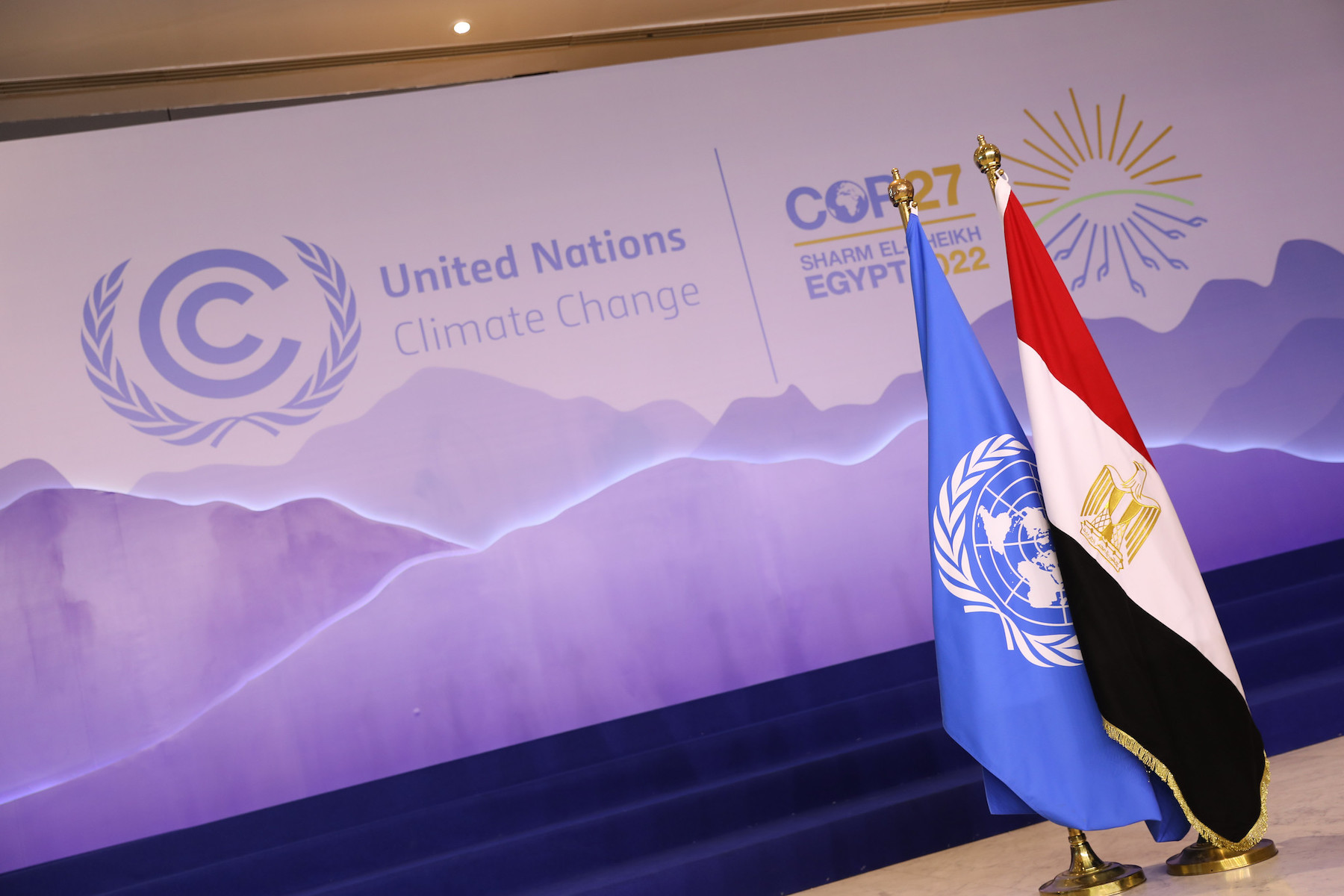The energy sector – including electricity, heat and transport – is responsible for almost three quarters of current global emissions. Decarbonising the energy system, improving energy efficiency and storage and reducing energy demand are therefore essential steps to move towards a net-zero world. The current energy crisis further highlights the desirability of designing a future for energy systems that can be less dependent on fossil fuels.
On November 15, the Energy Day at COP27 will deal with all aspects of energy and climate change, with a specific focus on a just transition in the energy sector, which is about ensuring that no one is left behind in the transition to a low carbon economy.
Ensuring access to energy for the 1.1 billion people who still live without it is part of this challenge, so that energy poverty eradication goes hand in hand with climate change mitigation.
As temperatures rise and climate change impacts intensify, the challenge gets more difficult: due to climate change, more frequent heat waves will increase the global demand for electricity by 7% by 2050, and by 18% by 2100. The rise of air-conditioning is on the brink of becoming a new emergency, adding unprecedented challenges to the already difficult task of decarbonizing the economy and reducing emissions. A significant share of people living in emerging economies will not be able to afford the use of air conditioning to cool themselves adequately. This is one of the core topics of the H2020 project ENERGYA, a study about how people can use energy and energy services to adapt to evolving climate risks. Furthermore, adjusting energy demand in response to climate change or weather variation can have consequences on household income distribution and welfare that needs to be monitored.
Despite the issue being complex, technological advances achieved in recent years, together with new solutions that are being developed, are allowing us to shape a different future. In the last decade, according to the IPCC, there have been sustained decreases of up to 85% in the costs of solar and wind energy, and batteries. Moreover, hydropower still plays a crucial role as a low-cost source of energy at global level. Digital technologies for integrated energy demand management, coupled with Artificial Intelligence, are part of this transition, allowing to automatically adjust the use of energy according to actual user needs as well as overall energy demand.
Along this path, policies and programs can be designed to promote fairness for workers and communities in a transition to a low-emissions economy.






